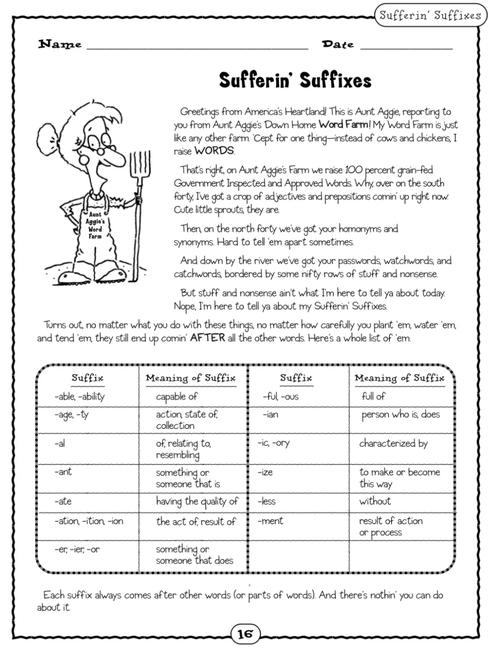Prefixes Examples: A Comprehensive Guide
Understanding prefixes is essential for mastering the English language. Prefixes are added to the beginning of words to modify their meaning. They can change the word’s connotation, create new words, or even alter the word’s part of speech. In this article, we will delve into various prefixes, their meanings, and provide examples to help you grasp their usage effectively.
Common Prefixes
Let’s start with some common prefixes that you might encounter frequently in your daily life.

| Prefix | Meaning | Example |
|---|---|---|
| un- | Not, opposite of | unhappy, undo, unlike |
| re- | Again, back, anew | repeat, return, rearrange |
| dis- | Opposite of, away from | disagree, dislike, disappear |
| in- | Not, inside, inwards | incomplete, indoor, inside |
| im- | Not, without, not enough | imperfect, impossible, immaterial |
These prefixes are widely used in English and can be found in various contexts. Now, let’s explore some examples of these prefixes in action.
Examples with Prefixes
Here are some examples of words with prefixes, along with their meanings and usage.
| Word | Prefix | Meaning | Usage |
|---|---|---|---|
| unhappy | un- | Not happy | She is unhappy with her job. |
| undo | un- | Reverse, take back | He undid the knot in the rope. |
| repeat | re- | Do again | She repeated the experiment to verify the results. |
| return | re- | Go back, come back | He returned to his hometown after many years. |
| disagree | dis- | Not agree | They strongly disagree on the issue. |
| dislike | dis- | Not like | He dislikes the taste of coffee. |
| disappear | dis- | Not appear | The magician made the rabbit disappear. |
| incomplete | in- | Not complete | The report was incomplete due to missing data. |
| indoor | in- | Inside | She prefers indoor activities over outdoor ones. |
| inside | in- | Within, inside | He kept the secret inside his heart. |
| imperfect | im- | Not perfect | Her painting was imperfect,
|